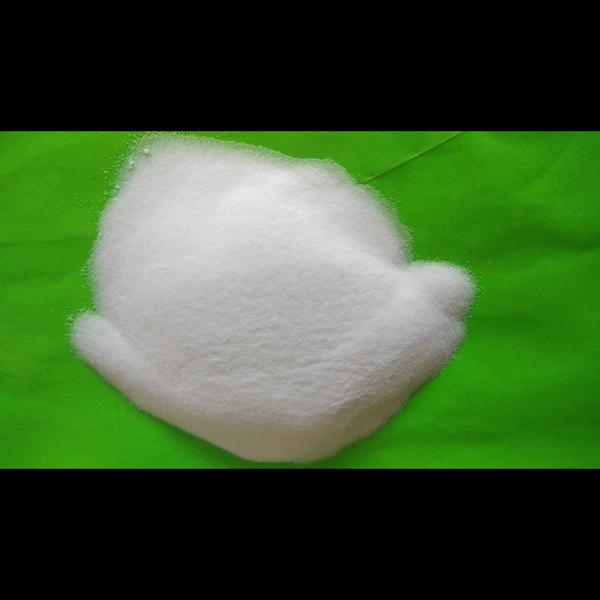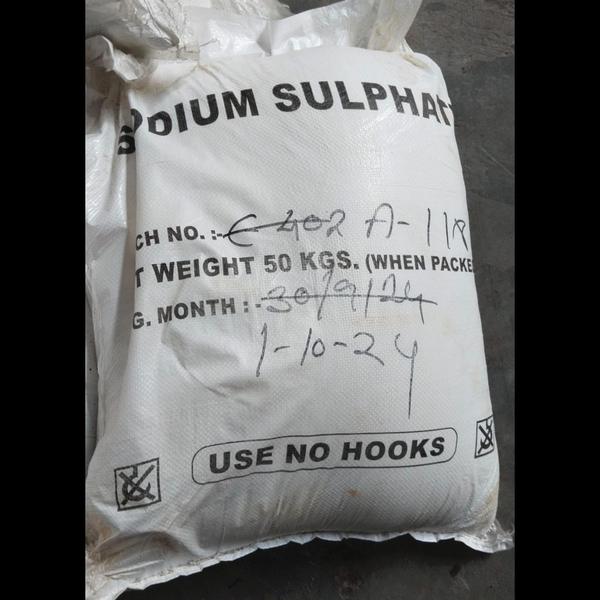SODIUM NITRATE (NaNO₃) – Overview
Common Names: Chile Saltpeter, Soda Nitre
Molecular Weight: 84.99 g/mol
Physical Form: White crystalline solid, highly soluble in water
Primary Uses: Oxidizer in explosives, fertilizers, glass industry, metal treatment
⚗️ RAW MATERIALS REQUIRED
Two common industrial methods of production:
✅ Method 1: Neutralization of Nitric Acid with Sodium Carbonate or Sodium Hydroxide
Raw Material Chemical Name Purpose
Nitric Acid HNO₃ Source of nitrate ion
Sodium Carbonate / Sodium Hydroxide Na₂CO₃ / NaOH Source of sodium
Water H₂O Solvent for reaction
✅ Method 2: Double Displacement Using Sodium Chloride and Nitrate Salt
(Used less often industrially, more in lab-scale)
🔬 CHEMICAL REACTIONS
1. Using Sodium Carbonate:
mathematica
Copy
Edit
2 HNO₃ + Na₂CO₃ → 2 NaNO₃ + CO₂↑ + H₂O
2. Using Sodium Hydroxide:
mathematica
Copy
Edit
HNO₃ + NaOH → NaNO₃ + H₂O
🏭 MANUFACTURING PROCESS
✅ Step 1: Neutralization
In a reaction vessel, dilute concentrated nitric acid with water under cooling.
Slowly add sodium carbonate or NaOH with agitation to neutralize.
Control temperature around 30–40°C (exothermic reaction).
If using Na₂CO₃, CO₂ gas will be released — ensure proper ventilation.
✅ Step 2: Filtration
Remove any unreacted solids or impurities using filter press or centrifuge.
✅ Step 3: Crystallization
Evaporate the filtrate to concentrate it.
Cool the solution to 20–25°C to crystallize sodium nitrate.
✅ Step 4: Drying
Filter and dry the crystals using a tray dryer or rotary dryer at 50–60°C.
Ensure product is stored in moisture-free packaging to prevent clumping.
🧯 SAFETY PRECAUTIONS
Sodium nitrate is an oxidizer — avoid contact with flammable substances.
Nitric acid is corrosive — use full PPE and acid-resistant materials.
Ensure proper gas venting (CO₂) in carbonate-based reactions.
🔍 USES OF SODIUM NITRATE IN VARIOUS INDUSTRIES
Industry Application
Fertilizer Supplies nitrogen to soil (used in arid regions)
Explosives Acts as an oxidizing agent in gunpowder, dynamite, and mining explosives
Glass & Ceramics Used to refine molten glass and improve transparency
Food Industry Preservative in cured meats (E251), regulated use
Metal Processing Used in nitrate-based heat treatment baths (case hardening, quenching)
Pharmaceuticals Source of nitrate ions in lab synthesis
Water Treatment Sometimes used in biological denitrification systems
Dyes & Pigments Used in the production of diazo dyes and intermediates
📦 Typical Plant Output (Per 100 kg batch):
Input Quantity
Nitric Acid (60%) ~75–80 kg
Sodium Carbonate ~53–55 kg
Water ~100–120 L
Output: Sodium Nitrate ~110–115 kg (depending on purity and drying)
Keywords
water primary
diazo dyes
nitrate ions
metal processing
gunpowder dynamite
oxidizing agent
sodium nitrate
carbonatebased reactions
full ppe
moisturefree packaging
rotary dryer
tray dryer
filter press
unreacted solids
nitrate salt
sodium chloride
sodium carbonate
nitric acid
oxidizer avoid contact
refine molten glass
5060c ensure product
na₂co₃ co₂ gas
3040c exothermic reaction
neutralize control temperature
common industrial methods



